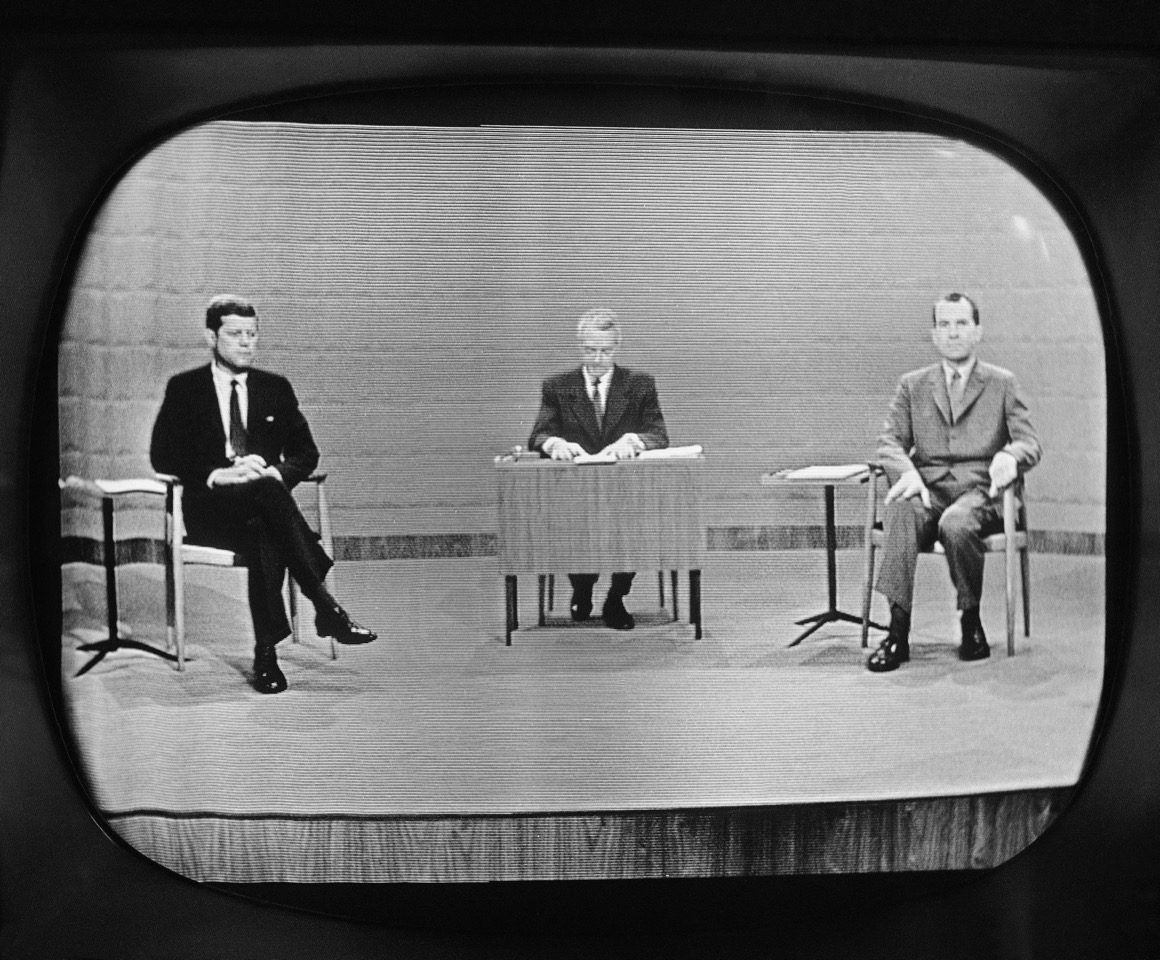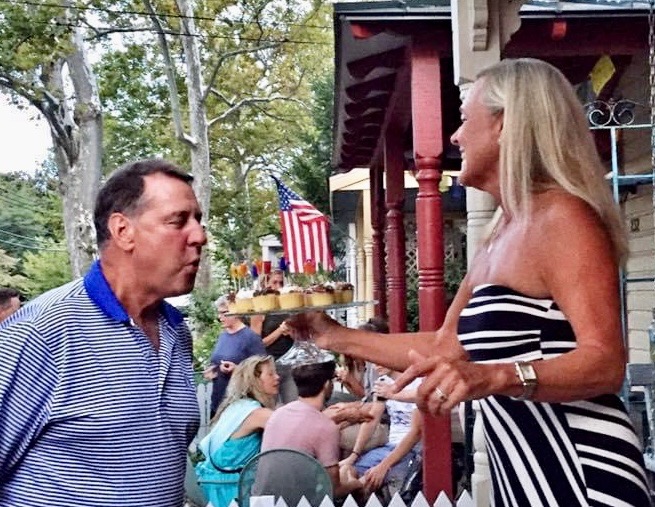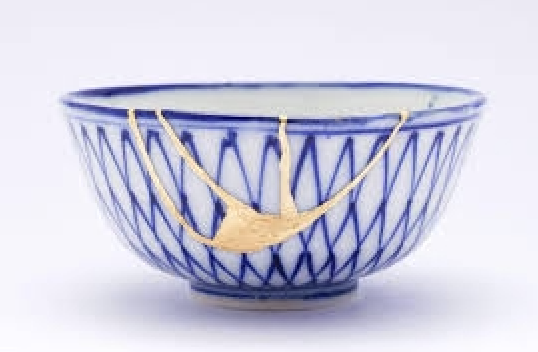Sixty-three years ago today (September 26,1960), Richard Nixon and John F. Kennedy participated in the first live television Presidential debate. Howard K. Smith was the moderator. By today’s standards, it was a remarkably civilized encounter. Most historians believe that Mr. Kennedy “won” the debate, maybe because his suit was darker and more telegenic, or because Mr. Nixon’s brow glowed with perspiration (he had a slight fever that day), or because his beard looked heavy, or because he looked “shifty” while Mr. Kennedy appeared calm and composed. Voters must have agreed because Mr. Kennedy went on to win the election. The rest, as they say, is history.
I remember watching that debate. I grew up in a Republican household, but something began to shift in me that evening. Along with many other young people, I began to gravitate toward Kennedy. I liked his energy, his boyish charm, even his Boston accent. I suppose you could say that evening was the beginning of my own political journey, one that eventually took me into the Peace Corps, one of JFK’s signature programs, and, a few years later, to work with Sargent Shriver (a Kennedy in-law) at Special Olympics.
But politics isn’t the point here. Time is. Every once in a while, I feel the need to stop and take stock of all the events that have happened in my lifetime: that first debate, the Cuban missile crisis, President Kennedy’s assassination, two Arab-Israeli wars, the Vietnam War and the attendant social upheaval of the 60s, the Civil Rights movement, two more assassinations: Dr. Martin Luther King, Jr. and Bobby Kennedy, the moon landing, Watergate, the Camp David Accords, the Iranian hostage crisis, Iran-Contra, the collapse of the Soviet Union, the Gulf War, wars in Iraq and Afghanistan….I could go on, but I’m getting war-weary, and by now, you get the point.
History began as oral tradition, a string of stories passed down the generational chain on a human continuum. But that’s changing, or maybe I should say, that has changed. Continuous history has been replaced by discreet history, random events that may or may not have any connectivity. Events that were very real to me—the Kennedy-Nixon debate, for example—are relics of a past that has little or no meaning to subsequent generations. The moon landing that so captivated me as a college student in 1969 might as well have taken place in aboriginal dreamtime as far as today’s college students are concerned. It boggles my mind.
I’ve recently returned to work in an interim capacity at a school where I once worked for more than twenty years while that school conducts a national search to fill an unexpected vacancy. It’s a temporary change of lifestyle for me, but it affords me the opportunity to experience this rapidly changing world through the eyes of students growing up in the post-Covid generation. It seems to me that they don’t have any use for the connectivity that I once needed and continue to need. They seem to inherently accept, comprehend, and use the randomness and speed of current technology in a way that is, to say the least, foreign to me. History gets lost in the shuffle. Here’s a silly example: a friend of mine who teaches high school geometry recently used a Michael Jordan leap to illustrate a parabola. While his students immediately understood the discreet mathematical principles of the parabola, one asked, “Who’s Michael Jordan?” My teacher friend was thunderstruck; so am I.
The debate I watched all those years ago on a small black-and-white television set, the one that changed the course of my life, is now just a footnote to history. The pace of the world is accelerating at warp speed, and seminal events that occurred in my lifetime are now relics gathering dust in the basement of the Smithsonian.
Without realizing it, I’ve become a dinosaur. I’m watching out for asteroids.
I’ll be right back.
Jamie Kirkpatrick is a writer and photographer who lives in Chestertown. His work has appeared in the Washington Post, the Baltimore Sun, the Philadelphia Inquirer, the Pittsburgh Post-Gazette, the Washington College Alumni Magazine, and American Cowboy Magazine. His new novel “This Salted Soil,” a new children’s book, “The Ballad of Poochie McVay,” and two collections of essays (“Musing Right Along” and “I’ll Be Right Back”), are available on Amazon. Jamie’s website is Musingjamie.net.











